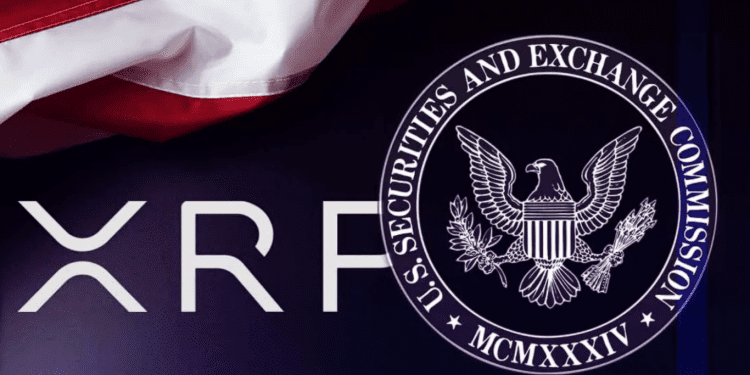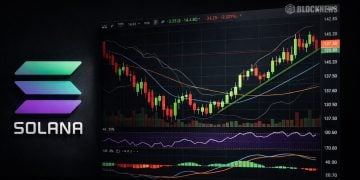In a significant development in the ongoing lawsuit between Ripple Labs and the Securities and Exchange Commission (SEC), a US federal judge has delivered a partial verdict in Ripple’s favor. The SEC lawsuit had accused Ripple Labs, a San Francisco-based blockchain company, of engaging in an unregistered security offering with its XRP token.
When addressing the summary judgment requests put forth by both parties, the court determined that while Ripple’s institutional sales of XRP did constitute an unregistered securities offering, this was not the case with their programmatic sales (ex. retail investors buying on an exchange).
To summarize The Court’s Ruling:
- The court has granted the SEC’s motion for summary judgment regarding the Institutional Sales. This means that the court agrees with the SEC’s argument that Ripple’s institutional sales of XRP were an unregistered securities offering.
- The court denied the SEC’s motion for summary judgment regarding other aspects of the case (related to the Programmatic Sales).
- The court has granted the defendant’s motion for summary judgment regarding the Programmatic Sales, Other Distributions, and sales made by Larsen and Garlinghouse. This suggests that the court found these did not constitute an unregistered securities offering.
- The court denied the defendant’s motion for summary judgment in relation to Institutional Sales, agreeing with the SEC’s view on this matter.
What Does This Mean for the Future of Crypto?
The court decision seems like good news for companies like Coinbase and others similarly accused. It’s believed these companies might now be safe regarding the general public buying on their exchanges, and they might be able to avoid the hassle of registering or changing their business model.
Despite the good news, there is a bit of a grey area remaining with the institutional side of things. Most cryptocurrency initiatives frequently rely on initial token sales to large-scale investors and venture capitalists before their public debut to kick-start their operations. These sales are typically pre-registered with regulatory bodies to pre-empt potential complications. Many tokens, considered securities by the SEC, have undergone this process, providing the SEC with examples to substantiate their claim for jurisdiction over these tokens. However, with the latest court ruling, this method of early-stage financing may be endangered unless venture capitalists are willing to engage in open-market purchases, where price fluctuations occur at the same rapid pace as they do for the average investor.














